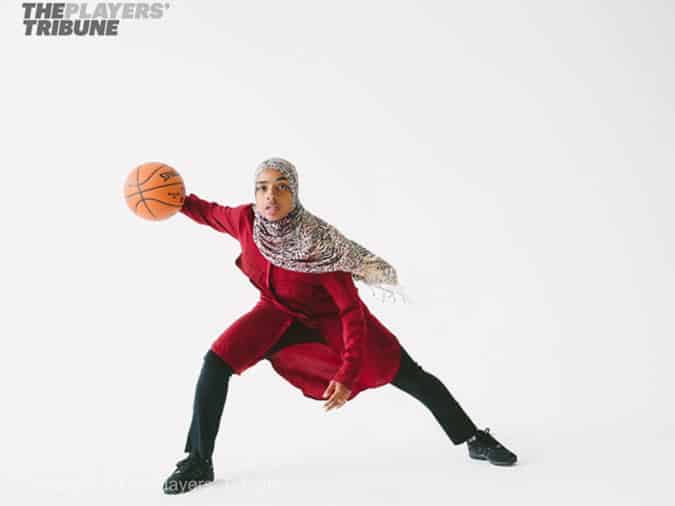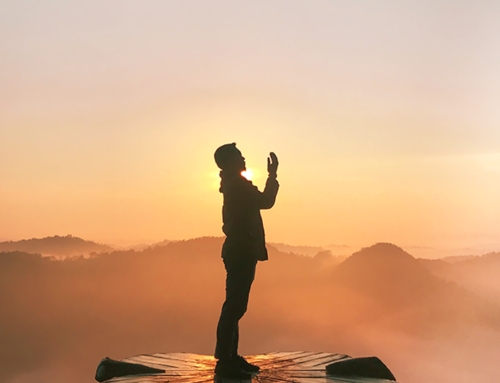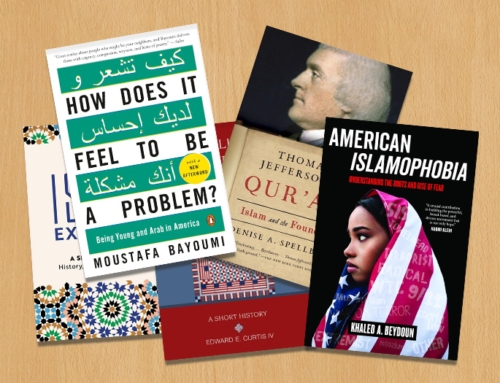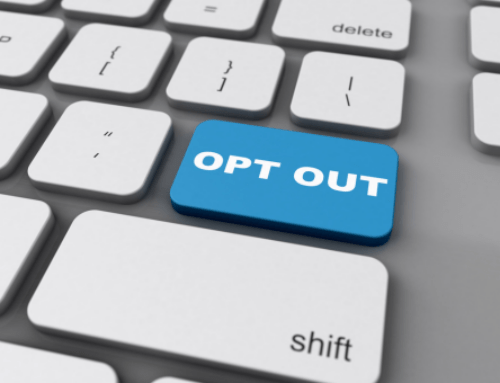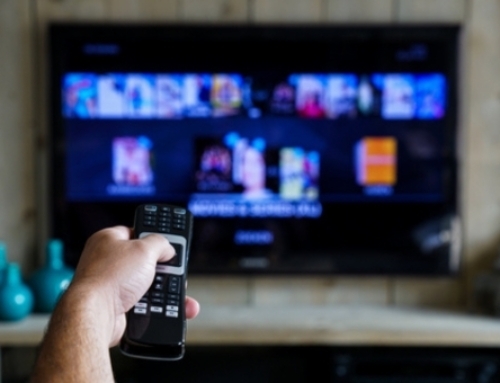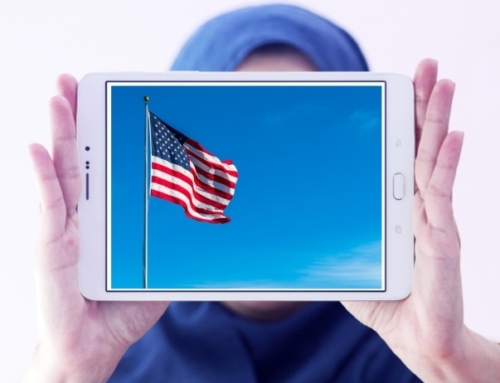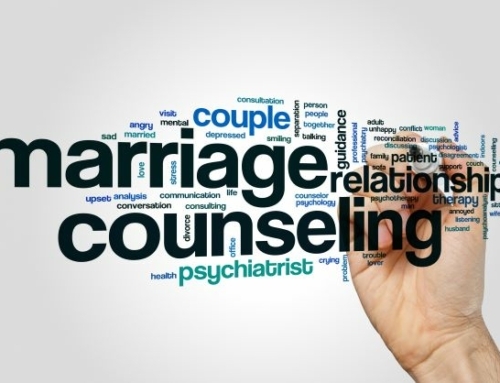By: Habeeba Husain
The Inspiring Journey of Bilqis Abdul-Qaadir
I had the pleasure of speaking with Bilqis Abdul-Qaadir on multiple occasions over the last few years. Hailing from the birthplace of basketball in Springfield, Massachusetts born to two African American Muslim reverts, Abdul-Qaadir is the youngest of eight. The game came naturally to her, and she was the first hijab wearing player to compete in Division I of NCAA basketball. She ran into a hurdle—the FIBA headgear ban—when wanting to go pro. Since then, she advocated for the right to play for the up and coming generation of not only hijab-wearing players but also turban-wearing and yarmulke-wearing player. Currently, she is a motivational speaker and basketball trainer. Read more from Abdul-Qaadir below.
Is Being an American Muslim a Big Part of Your Identity?
It’s a huge part of my identity simply because being a Muslim in America is all I know. As an African American Muslim, we don’t have any country or culture to call our own, because we truly don’t know where we are from. The effects of slavery washed away our true identity, so we are forced to only connect with our faith and America.
What is a Misconception that Really Gets Under Your Skin About Muslims?
That we believe in some other “God” because people don’t understand that Allah simply means God in the Arabic language. If you look up God in Aramaic or Hebrew, you’ll find that God sounds the same in all three languages. People forget that the original Gospel/Bible and Torah were not written in English, they were all in different languages.
What is Your Go-To Method to Combat Stereotypes and Islamophobia?
My go-to method is to compare and contrast the similarities Islam has to all of other Abrahamic religions. Many times, people haven’t read their Holy Book in its entirety. So if I ever end up in a heated discussion, I’ll kindly ask the other person to go back and read the Holy Book they may follow and then come back so that we can discuss faith. You can’t defend or explain your faith without having knowledge of it first.
How Did You First Get Involved With Basketball? What Kind of Goals Are You Seeking to Accomplish?
As mentioned, I was born and raised in the birthplace of basketball, and we were a family of ballers. It was innate for me to go ahead and pick the ball up. I began playing at the age of four and it started off as just a hobby and to stay physically active in my youth. I realized I was pretty good around the age of 11-12 and just fell in love with the game. Around my teenage years, I saw that my parents were struggling financially as they were paying my older siblings’ college tuition out of pocket. I remember one day my Umi [mother] mentioning to me that I either needed to get a athletic or academic scholarship so that I could help lessen the financial load they were already trying to carry. So at about 13, my main goal was to get a full athletic scholarship for college. I was on a grind soon after having that conversation with my mother. Alhamdulillah (praise God), I did just that!
What Advice Do You Have for People Who Want to Learn More About Others Who are Different?
Just ask! Ask those difficult questions rather than assume. And if you don’t want to ask or are too shy, research. Put our smartphones to better use.
Can You Explain the Situation With FIBA’s Headgear Ban?
FIBA had a rule that only allowed specific headgear one could wear in a basketball game. Anything larger than an athletic headband was banned. After learning about the rule, I informed FIBA about hijab and why I wore it while playing. Unfortunately, FIBA wasn’t really interested in my case and originally said they wanted to keep the game religiously neutral. I responded by pointing out the many religious tattoos players show during games. FIBA knew that their reasoning wasn’t fair and ended up saying I could possibly hurt myself or other players by wearing a hijab during play. Not once in my 10 years of wearing hijab and playing basketball did I ever injure myself or anyone else. It actually served as a protection from ponytails whipping others in the face, which I’ve experienced many times. It took 4 years of advocacy, and letters signed by pro athletes to push FIBA to rescind the rule. In May 2017, FIBA removed the rule and allowed Muslim women, Sikh Men, and Jewish men to play freely while wearing religious dress.
Do You Have any Standout Moment from Your Experiences You’d Like to Share in Relation to Your Muslim Identity?
After having to choose between my faith and basketball due to the FIBA headgear rule, I began to question my faith. I was torn between removing my hijab to play, or to stand up for who I am and make change for Muslim girls/women who look like me. It was a tough decision, but through prayer and realizing what was more important, I chose to take that stance against FIBA. I put my selfishness aside and accepted God’s plan and learned to never question what He has written. In Islam, we truly believe everything happens for a reason. Even though we plan and set expectations in life, God’s plans and expectations will intervene and will always be greater.
What is One Thing You Want People to Know About You?
I want people to know that I am still learning and growing as a Muslim and woman. Just because my story has been highlighted and shared through the media, doesn’t mean that it’s more important than the next person’s. At the end of the day, we are struggling and searching for a place in this world. Just know that God wanted you here, you just have to believe and find your calling.
Got Questions?
We have Answers. Get in touch now.


